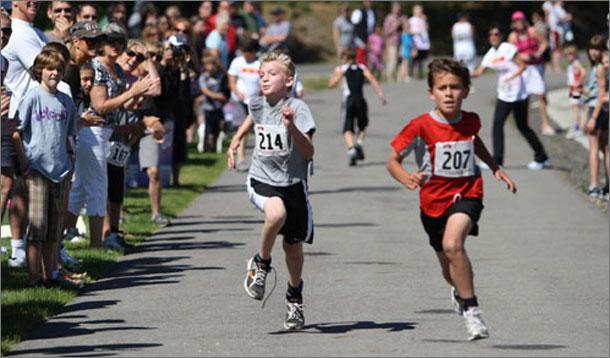
A little competition never hurt anyone, except maybe for a handful of overprotective adults (most of whom seem to have an affiliation with the Ontario Soccer Association).
The OSA has adopted a new policy for in its Under Six division eliminating scores and standings from the coming season. The question begs—why as a society are we continually moving toward sheltering our children from the perils of disappointment? Without facing loss and disappointment at an early age, kids are being denied the opportunity to develop the effective coping strategies they’ll need as adults to face real world problems like the end of a relationship, job loss, or death. Draping our kids in proverbial bubble wrap will only lead to problems down the road. Healthy competition lays the foundation for the necessary life skills needed for success in today’s highly competitive world.
To their credit some individuals leading soccer clubs across the province have taken steps to clarify their position; winning is still important, they say, just not at the age when a child is learning to play the game. Yet the new standard as set by the OSA is reflective of a greater movement seen in minor sports across the country; the new reality involves trophies for all, regardless of effort or attendance, less emphasis on competition and a greater emphasis on "player development." While player development is entirely important, the lack of competition and real game play in the early years of sports can lead to a whopping load of boredom at a time when kids are meant to be developing a love for the game.
After three years of tyke level hockey and the same “boring” drills and scrimmages, our son became increasingly unenthused at the thought of a trip to the arena. We toyed with the idea of scrapping hockey from our busy schedules when his fourth year (and first year of novice) came around, when by chance another parent mentioned their child’s spark for the game came back with the increased pace and competition the next level offered. Fortunately, we followed through with registration, and while he may not be the top goal scorer on the first place team, his renewed love of the game and the increased physical exercise are definite winners.
Kids are resilient; they’ll bounce back from disappointment faster than any adult possibly could. By giving them a chance to lose, you’ll likely give them a greater chance to succeed.